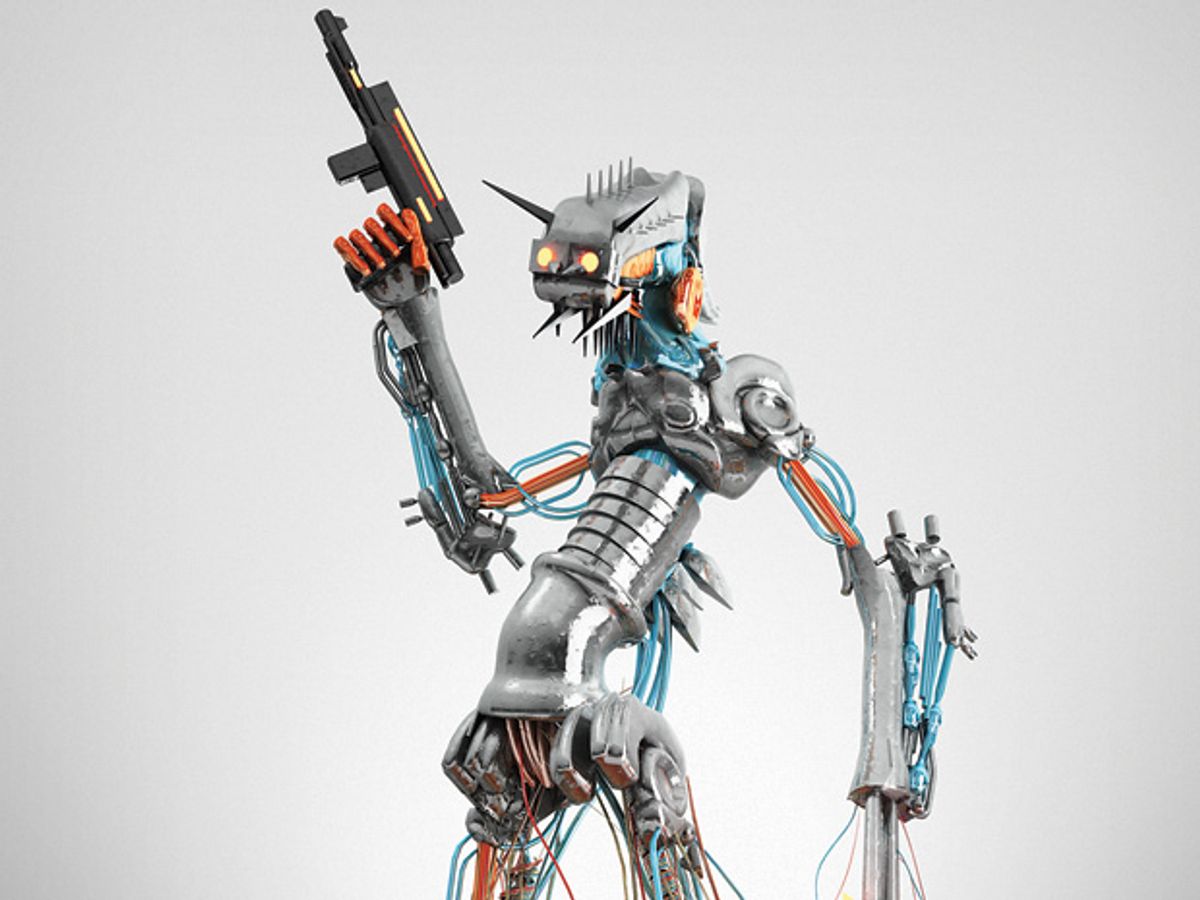
Our past experiences with this annual special issue suggest that some of you are going to go to your computers in the next day or two and compose a little message to us. We’re not sure exactly what it will say. But to paraphrase: “Just what the heck do you people think you’re doing by giving a thumbs-up or thumbs-down on the technology projects of good, hardworking, decent folk?”
We’re engaging in a reality check. And we’re also indulging in yet another magazine list. Magazines love lists, because they attract the eye and provide a convenient platform for scattered insights. Forbes ranks billionaires, U.S. News & World Report ranks colleges, The Economist runs “league tables,” and Playboy …well, never mind.
Lists are fun, but sometimes they’re just a little too easy: Bill Gates is rich, Harvard’s a fine school, and China’s economy is hot. Tell us something we don’t know.
This year’s Winners & Losers issue, our sixth, aims to do just that. We judge a range of projects so near to commercialization that we might be proved wrong in real time. That would mean eating crow, but you risk it if you hope to grow a backbone strong enough to hold up your head. Most people in our business refuse to run that risk; instead, they pontificate on what’s already happened. They find all sorts of reasons why, in retrospect, something succeeded or failed.
The late, great, short-lived satirical magazine Spy used to make fun of such journalistic bombast in a section it called “Ten Years Ago in Spy.” Of course, that would have been seven or eight years before the magazine was even founded, and of course, every item was eerily prescient.
Imagine how we might apply Spy’s formula to our Winners and Losers: “For all its technical prowess, Sony’s new Betamax videotape format will clearly lose the race,” we might say we’d said, back in 1975. “It’s a dark horse, but Linux could well have legs,” we could remember opining, back in 1992. “Intel has put tremendous resources into designing the Itanium processor,” we might claim to have opined in 2001, “but we think it’s just not powerful enough.” And we could flatter ourselves for having written, last year, that “financial derivatives—especially credit default swaps—are snake oil, and no sane investor would touch them.”
To avoid this conceit, for Winners & Losers we consider only projects that haven’t yet come to pass. We use information in the public record and the insights we gather from people close to the research itself. We make sure every project has commercial ambitions, that it’s in a late stage of development, and that it faces milestones in the coming year. That way, if we turn out to be wrong, you’ll remember our mistake and call us on it. When we truly can’t decide whether a project’s a winner or loser, we put it in a category we call You Tell Us. We’ve posted it on our Web site so that you can vote on it, thumbs-up or thumbs-down.
Of course, we have to resist putting all the stories in that in-between limbo. It can indeed prove tempting to do so, especially when we find ourselves having to label the work of earnest, smart, likable people as losers. Sometimes we wake up in the night, sweating, alive to all our loser’s seemingly good points—his adorable children, plucky spouse, ironic sense of humor. We find ourselves seeing the good points about antigravity metals, flying automobiles, home nuclear reactors. Worse, we see our own condemnatory words inscribed in some future magazine “list” story covering stupid statements, right next to Lord Kelvin’s famous judgment that “heavier-than-air flying machines are impossible.” Or Bill Gates’s assertion in 1988 that “OS/2 is destined to be the most important operating system, and possibly program, of all time.”
So we try hard to make it through the dark nights of the soul. Decisiveness is a virtue, particularly in those who presume to give advice. Give us a one-armed journalist, we say, because then we won’t have to read lots of stories with the words “on the one hand…and on the other hand….”
It comes down to this: if we never took a stand, especially on projects we deemed badly conceived, we’d end up in technology’s amen corner, along with most of the world’s tech journalists. In that corner every new technology is wonderful, every new initiative promising, every start-up visionary. That’s nonsense. Most tech projects fail, and few of the supposed successes ever make much money.
But you knew that. You’re an engineer.
Winners and Losers article list
Winner: The Revolution Will Be Prosthetized
Check out and vote in our “You Tell Us” series:
You Tell Us: Cooking Up a New Fuel Source
You Tell Us: An e-Book Reader That Folds Down to Wallet Size
You Tell Us: Your Mobile Secretary

